
Berry delicious superfood
You wouldn’t think that the cold, dark and rugged nature of the north could be an oasis of food production. But that’s what it is, and the forest is its magnificent kitchen garden. Every summer, millions and millions of kilos of wonderful Finnish berries – a real superfood – start to emerge along the moss-carpeted forest floor. The first to ripen are wild strawberries, bilberries, raspberries and cloudberries, followed by red and blackcurrants, lingonberries, cranberries and sea buckthorn. There are nearly 40 species of edible wild berries growing in Finland’s forests, peatlands and swamps.
Berries have been used for centuries in folk medicine, and now they are even being used to make modern medicine. There are many instances where oral tradition has been scientifically proven; one of them is the fact that Finnish berries have enormous health benefits. Berries improve your cardiovascular health and boost your immune system and gut health. They also reduce low-grade inflammation in the body, improve your blood count and even prevent cancer. Bilberry, lingonberry, raspberry, bog whortleberry, crowberry, rowanberry, cloudberry and sea buckthorn are real super berries. They are rich in vitamins, minerals, micronutrients and polyphenols.
What is it that makes Finnish wild berries so unique? The answer lies in the natural conditions prevailing in the north. These include a short, intense growing season and the summer with its midnight sun. The temperature differences during a 24-hour period and the cold winters also work wonders on berry plants. Berries growing in forests at the mercy of the weather produce far more antioxidants for protection than berries grown in easier conditions in fields or greenhouses. Those same antioxidants protect your health after eating your daily dose of berries. In Finland, the great differences in temperature between day and night increase the vitamin C content of berries. The short growing season with its long days increases the sugar content of the berries and gives them their strong flavour. Even the cold winter has a role to play: it keeps the forest clean and plants healthy. That is Mother Nature’s carefully developed cultivation concept, and it couldn’t be better.
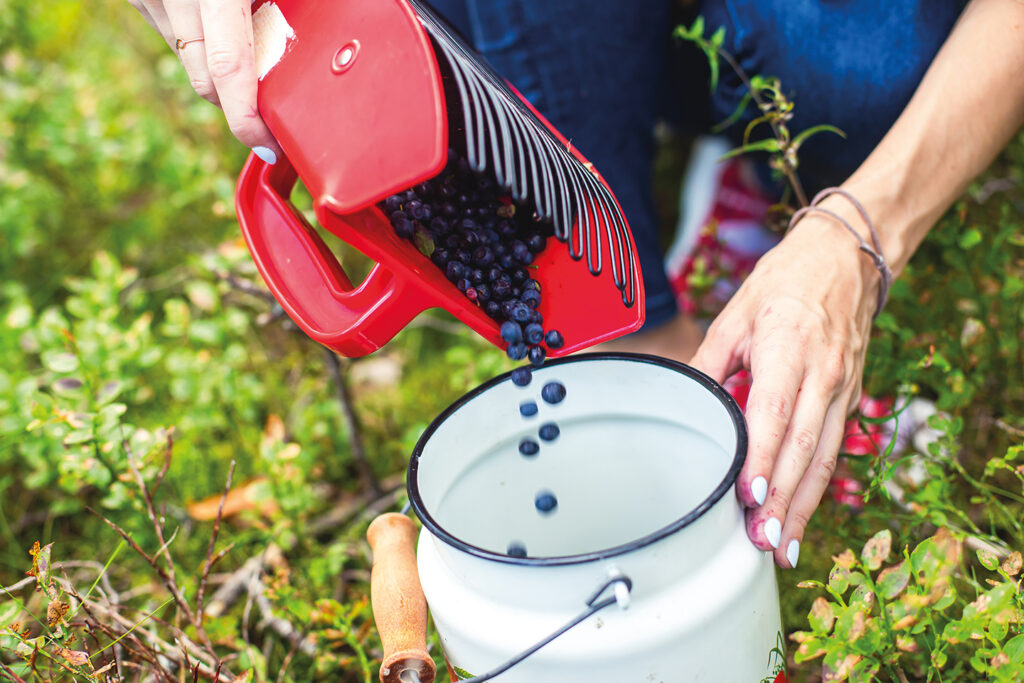
Thanks to the Finnish everyman’s right, you can roam forests freely and pick as many berries as you like for free, regardless of whether you own the forest or not. Finns make the most of this privilege, even though in a sparsely populated country like ours, most of the berries remain unpicked by human hands, providing food for wildlife. The best berry patches are passed down from one generation to the next as a valuable heritage. People also tend to avoid revealing their family’s berry patches to others. Oral tradition has taught people how to find the best places to pick berries by observing the terrain and other vegetation.
The most enthusiastic berry pickers start observing the development of the berry crop as early as spring, as soon as the snow has melted. Various natural phenomena such as night frosts in late spring, hailstorms that disrupt flowering or a dry summer have a negative impact on berry yields. In early summer, berry pickers smile contentedly if they see thousands of bees buzzing among bilberry blossoms.
Perhaps the notorious unpredictability of Finnish weather is the reason why a successful berry harvest is considered a great treasure. It is a popular topic around the coffee table every autumn. The first red-cheeked raspberries and freshly baked bilberry tarts are guaranteed to make an appearance on every Finnish berry picker’s social media account.
Health benefits of Finnish super berries
Vitamins
Finnish wild berries are rich in vital vitamins, such as C, E and provitamin A carotenoids. Vitamins C and E act as antioxidants in your body and prevent harmful oxidative damage. Vitamin A strengthens your eyesight.
Less sugar
Berries have less sugar than other fruit and are rich in slow-release carbohydrates, which keep your blood sugar steady for a long time. Berries also contain fibre, which promotes stomach function and lowers cholesterol.
Anthocyanins
Wild berries are rich in antioxidants and phenolic compounds that protect the body. Phenolic compounds include anthocyanins, which give berries their colour. The darker the berry, the more anthocyanins it usually contains – and the healthier it is. If the inside of the berry is the same colour as the skin, the berry contains a significant amount of anthocyanins. For example, wild bilberries are deep dark blue all through, while the inside of highbush blueberries is pale. The anthocyanins in berries prevent cancer and inflammation, lower bad LDL cholesterol, prevent blood clots, lower blood pressure and protect the liver.
Antioxidants
Low-grade inflammation is linked to the development of many chronic diseases such as type 2 diabetes, cardiovascular diseases, and brain and memory malfunctions. The antioxidants in berries improve blood count and circulation and prevent the accumulation of excess weight. Eating berries is particularly important for elderly people. The phenolic compounds in berries sharpen your memory, while the healthy fats in sea buckthorn, for example, are beneficial for mental health and boost your energy.
Freezing berries
Berries are most nutritious when fresh, but Finland’s short summer means that berry pickers often have to freeze them or preserve them in other ways. Freezing berries whole is the best way to preserve their nutrients, and quick thawing preserves their vitamin C. When you make berries part of your daily diet, you will quickly begin to see the health benefits.
Healing Finnish wild berries
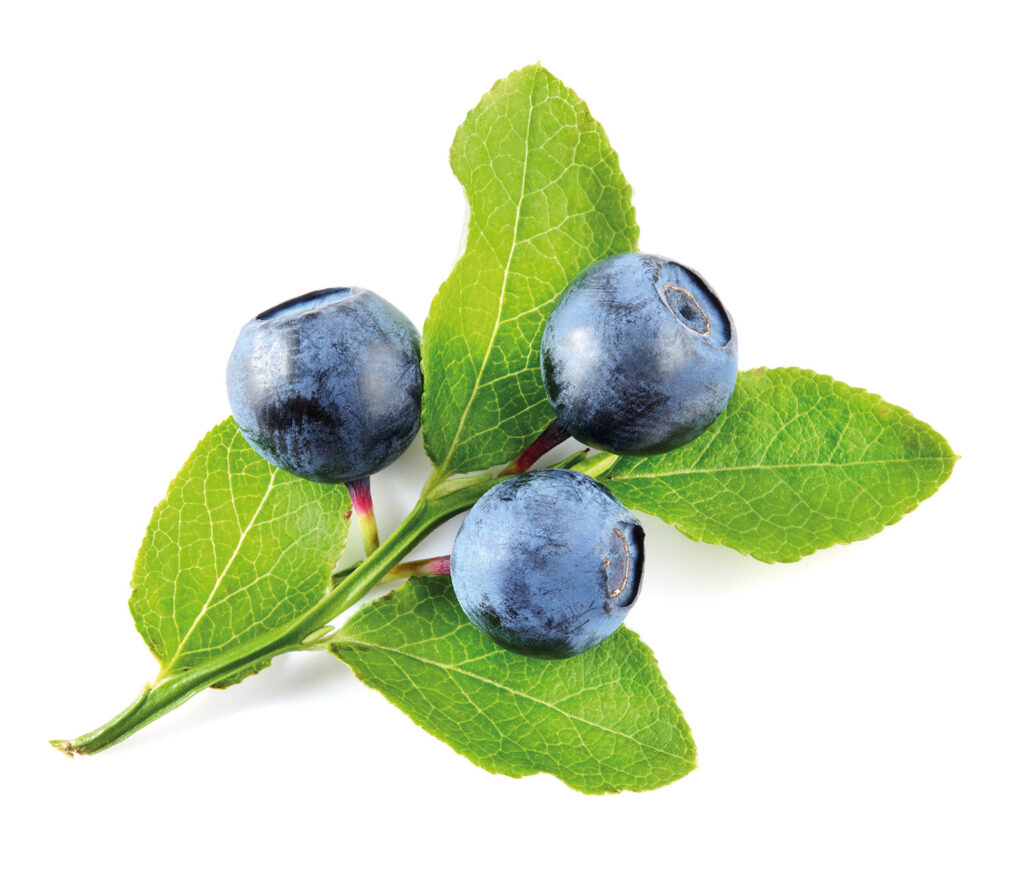
Bilberry
Bilberries may prevent inflammation, eye diseases and diabetes. Bilberry leaf tea lowers blood sugar. The anthocyanins in bilberries are beneficial for vascular and brain health and reduce the risk of cardiovascular and memory diseases.
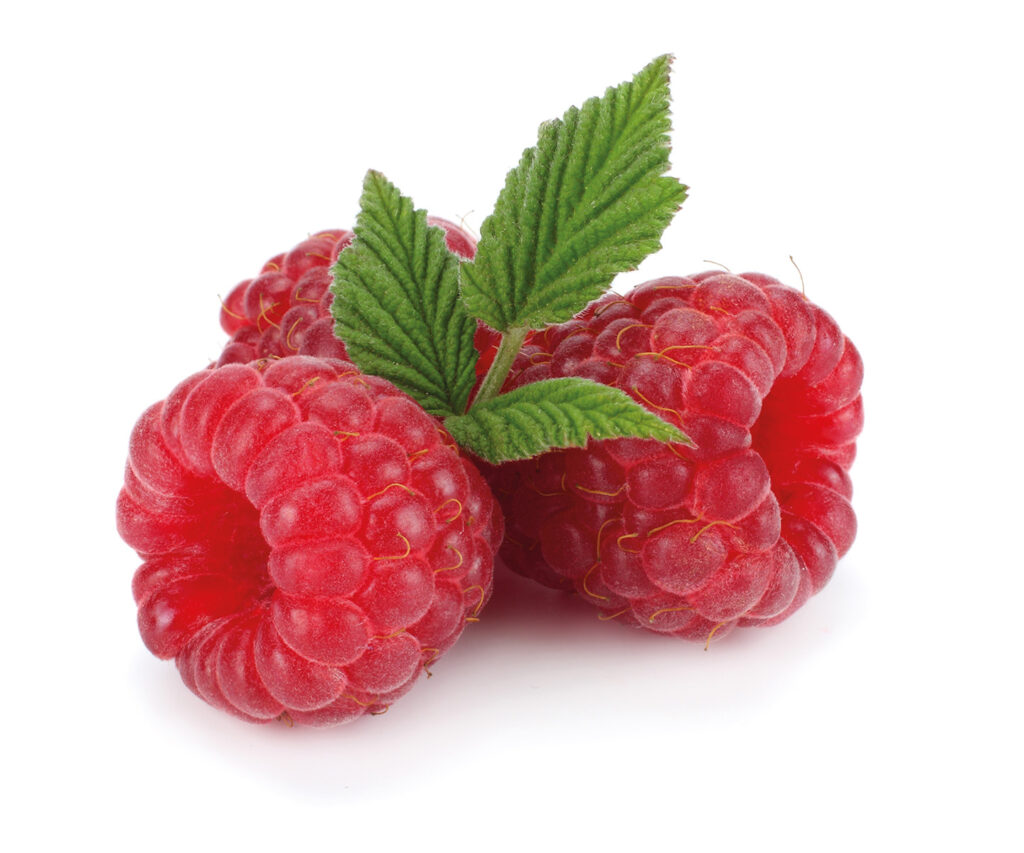
Raspberry
Raspberries can help you lower cholesterol and balance gut microbiota. Raspberries also contribute to the absorption of iron contained in food. Raspberries contain folate, a natural form of vitamin B9, which the body needs to make red blood cells, among other things.
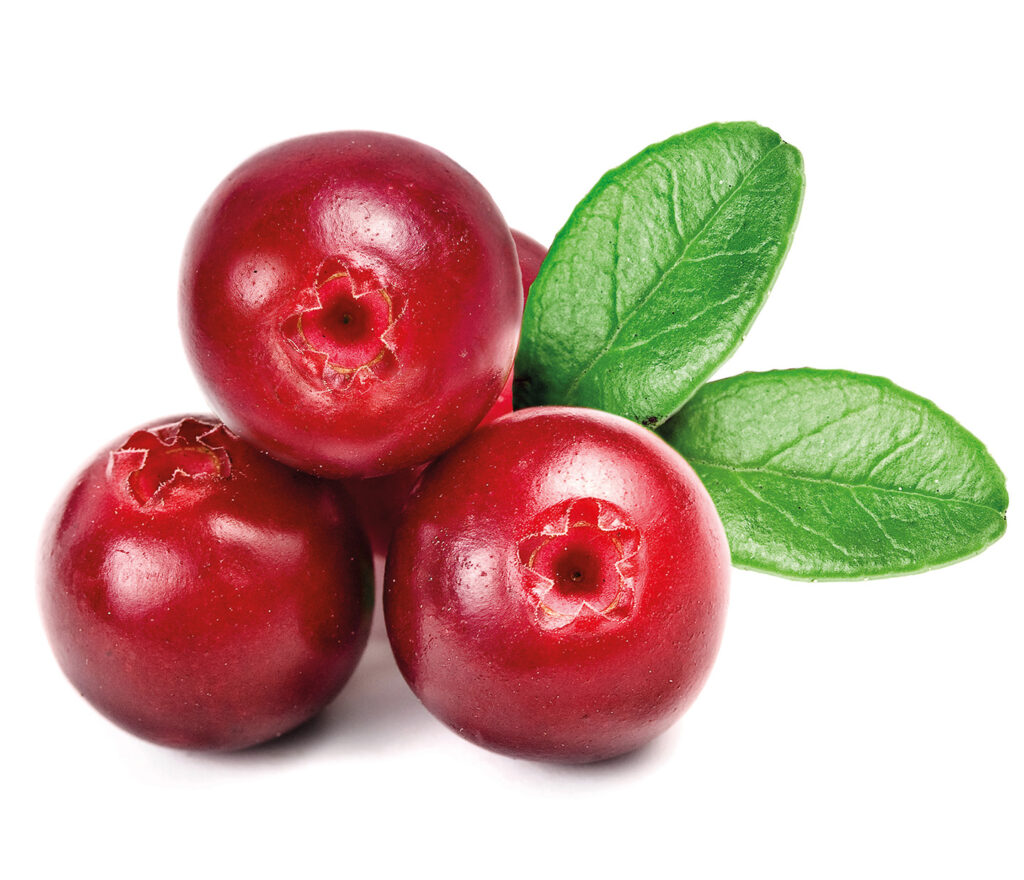
Lingonberry
The antibiotic substances in lingonberries fight inflammation of the kidneys and urinary tract infections. Lingonberry leaves contain arbutin, which is why they are antiseptic. Lingonberries also promote liver, gallbladder and stomach function and help keep the intestines healthy.
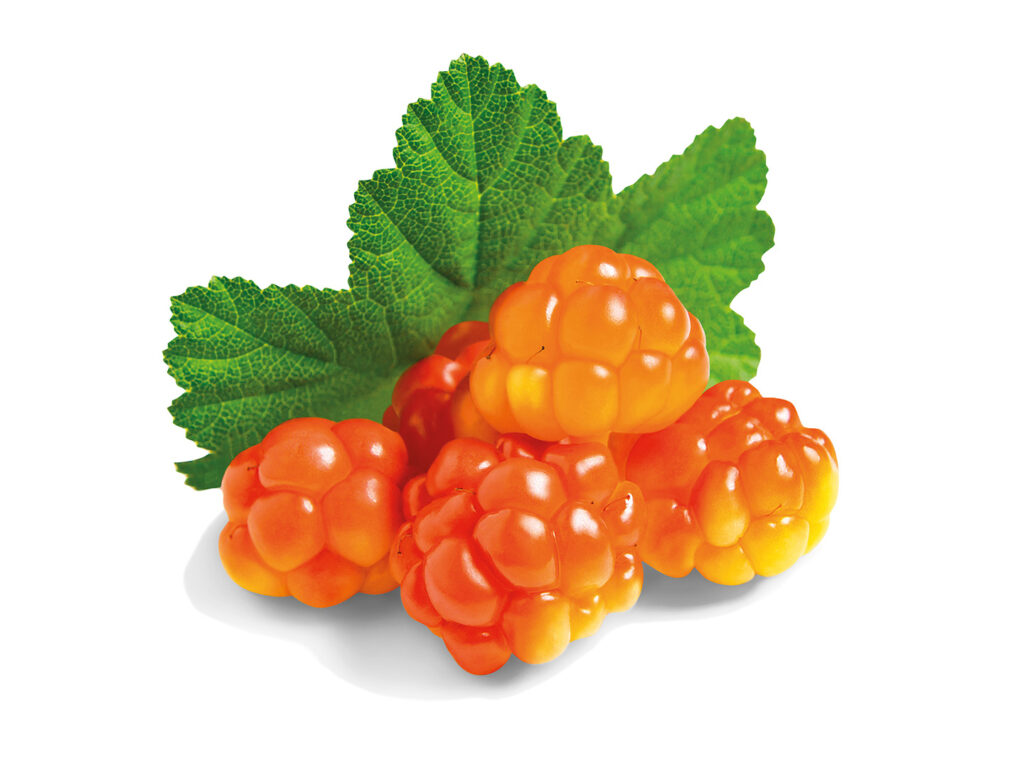
Cloudberry
Cloudberries can help you lower cholesterol and balance gut microbiota. A tea made from the leaves and stalks of cloudberries relieves symptoms of the cold. Cloudberries are rich in compounds called ellagitannins, which prevent cancer.
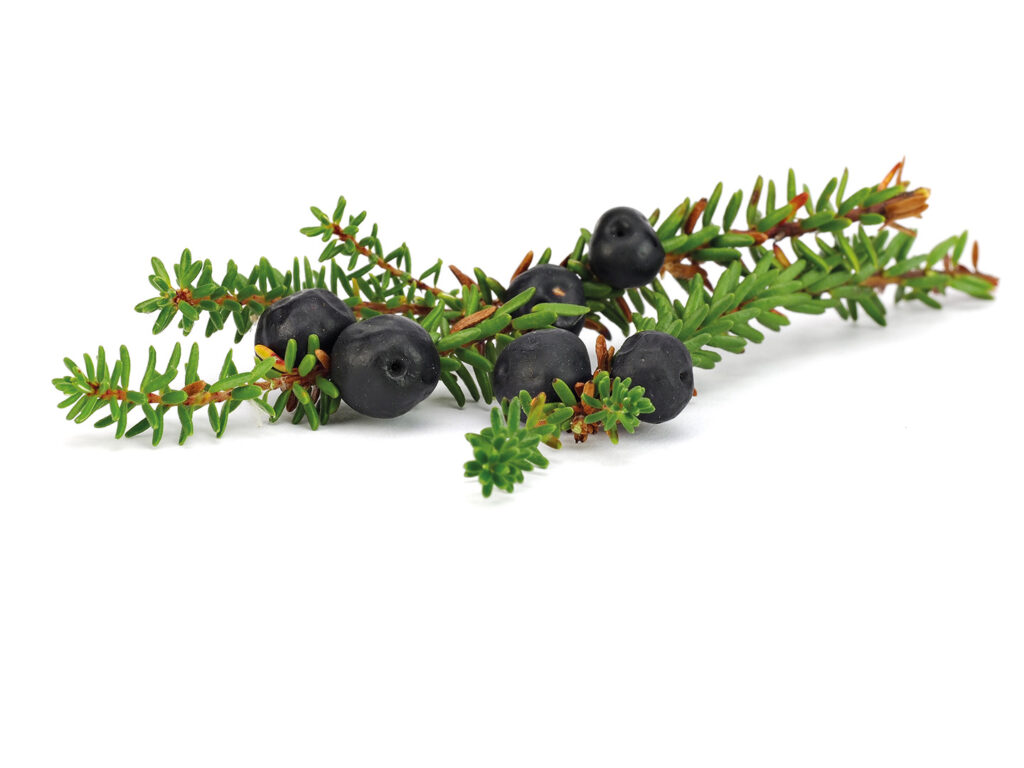
Crowberry
Crowberries are rich in antioxidants and anthocyanins. They have been traditionally used to ward off scurvy and treat headaches and excessive stress. Crowberries are also a superfood for the brain.
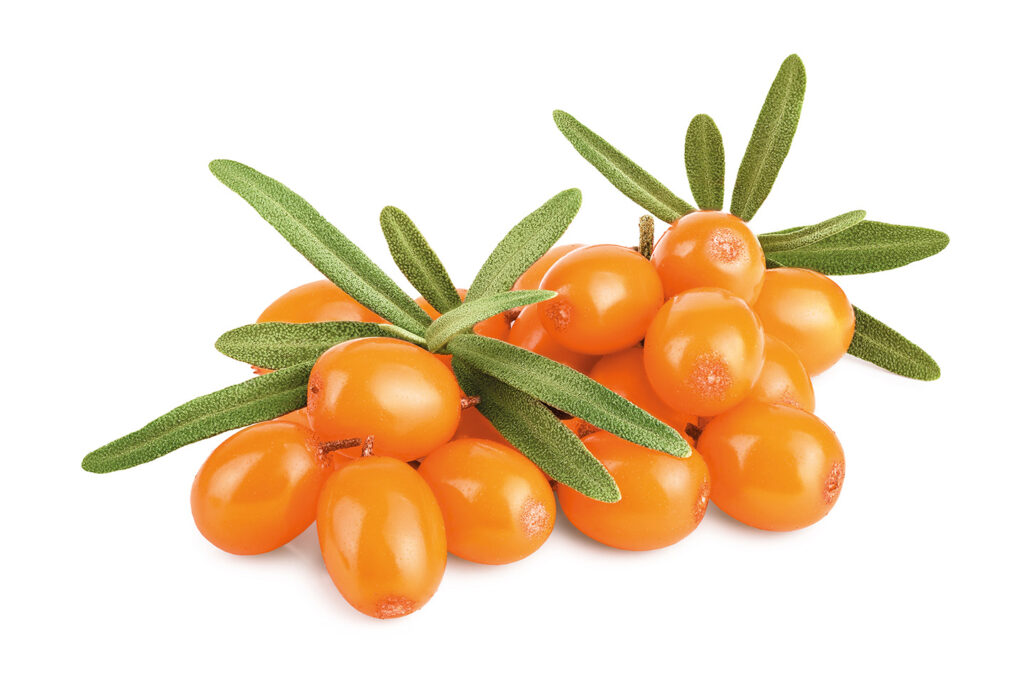
Sea buckthorn
One small sea buckthorn berry contains up to 10–20 times more vitamin C than an orange. The berry and its seeds contain healthy fatty acids, carotenoids and dietary fibres. Sea buckthorn relieves chronic inflammation and atopic eczema, improves cholesterol levels and is beneficial for the heart and blood vessels.
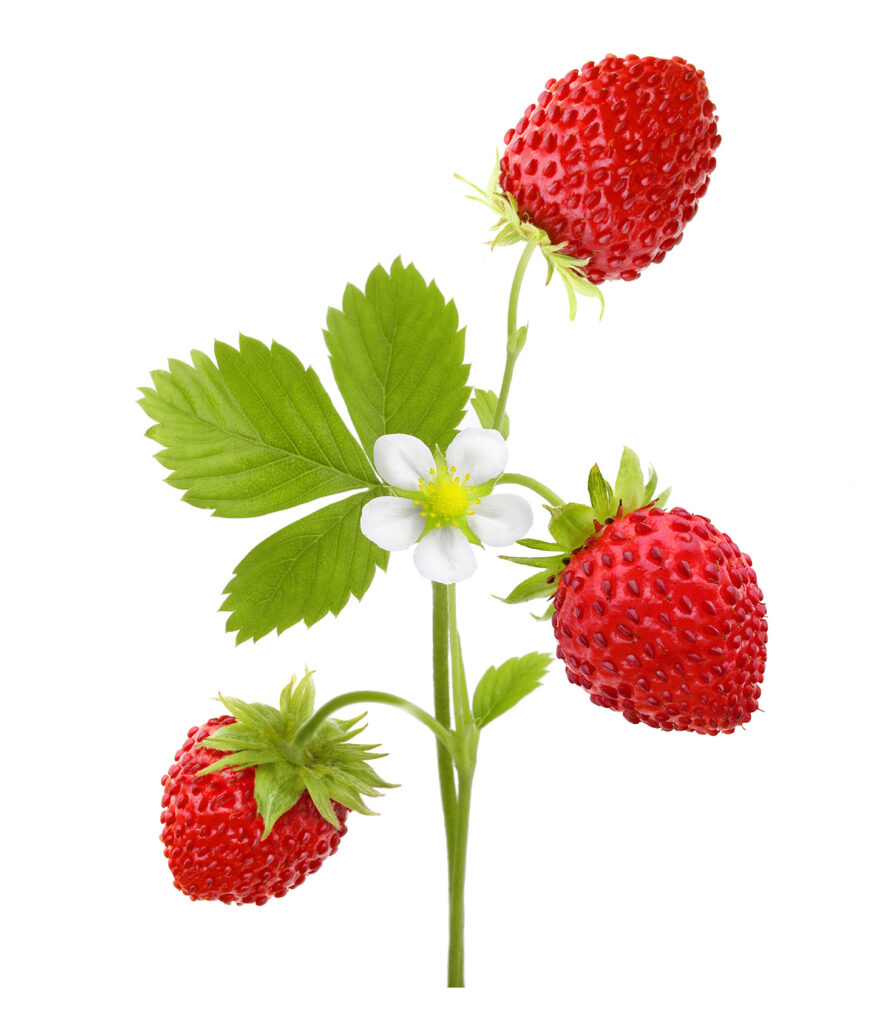
Wild strawberry
Wild strawberries are rich in iron, which means they are effective in improving blood haemoglobin levels. The stalks and leaves of the berries can be dried to make tea. Wild strawberries boost metabolism and help to treat intestinal problems.
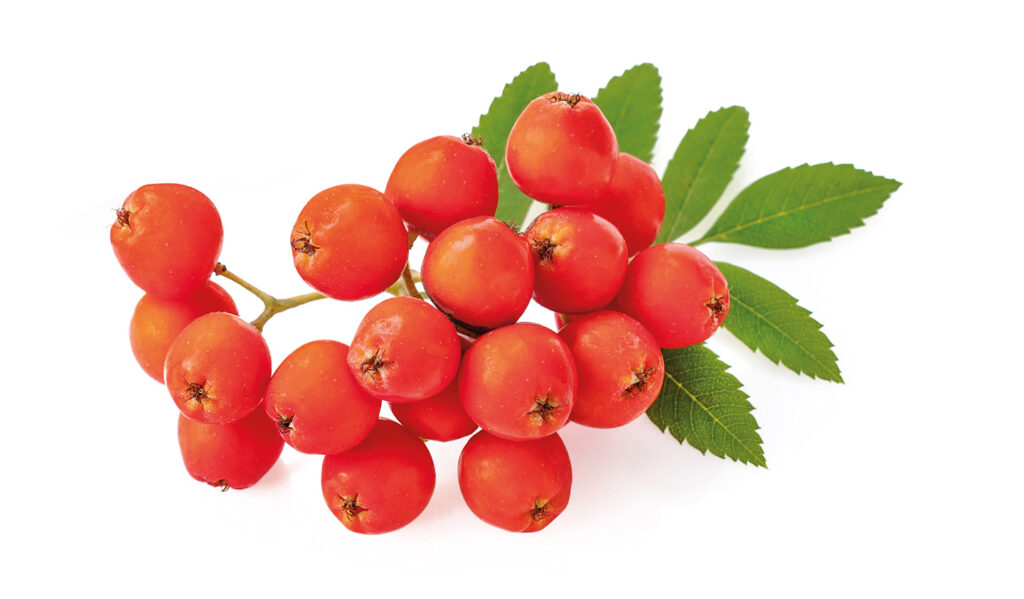
Rowanberry
Rowanberries are rich in fibre and vitamin C, which are important for the stomach. This orange berry also contains vitamin E and carotenes. Rowanberries improve appetite and lower cholesterol. They also help in the treatment of kidney failure.
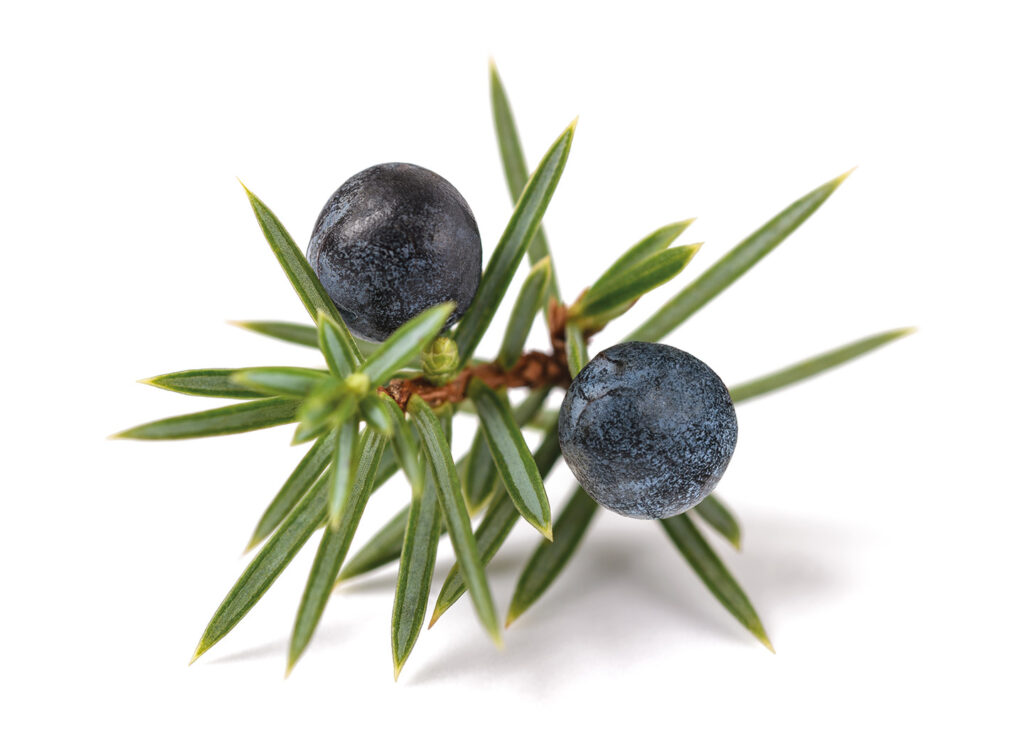
Juniper berry
Juniper berries are antibacterial and antiviral and thus boost your immune system. Just two or three juniper berries can help you fight the flu. Berries improve digestion, perspiration and the excretion of urine, and also help in the treatment of urinary tract infections.
Sources: Ruokatieto Yhdistys ry association for nutritional information, Sydänliitto association for hearth health, Metsähallitus (a state-owned producer of environmental services), Apu Terveys health magazine 06/2020









